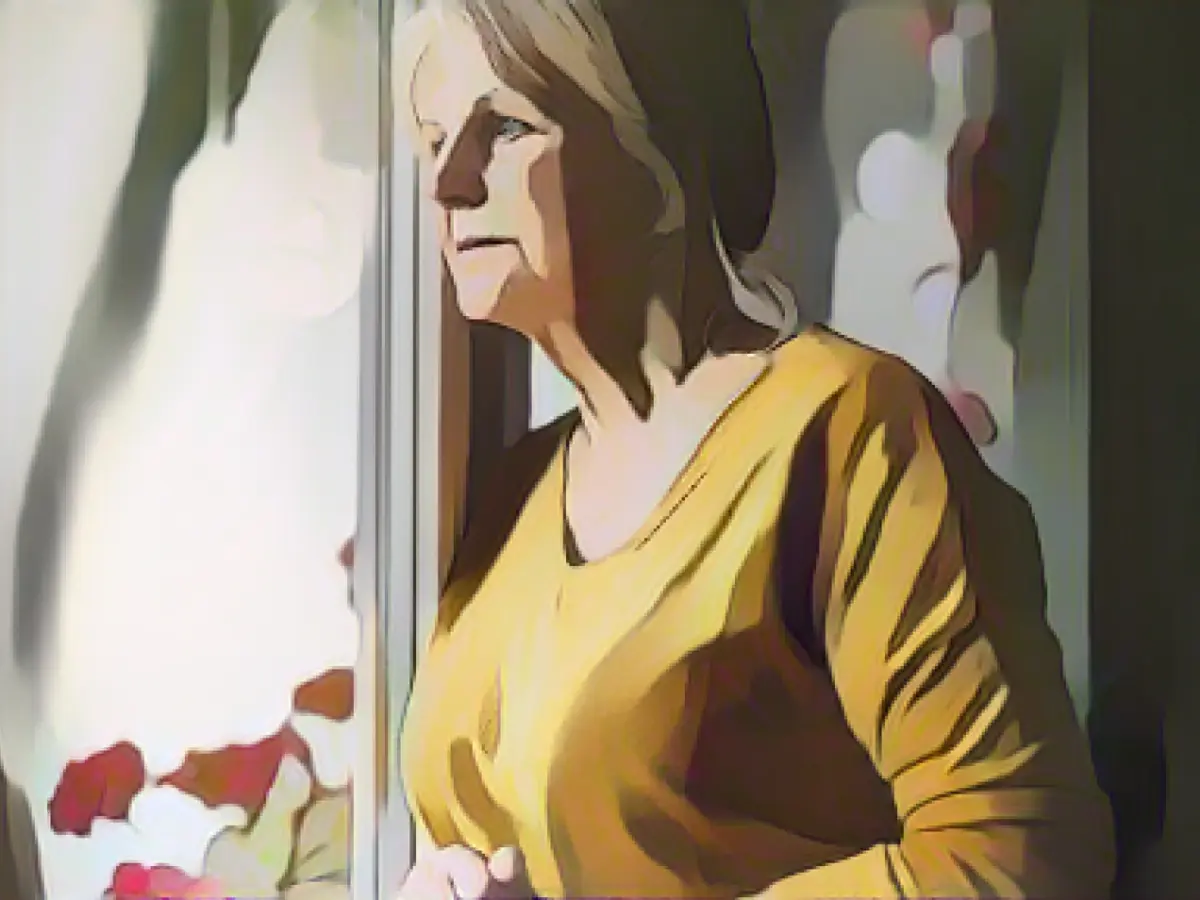Aging may lead some to believe that learning and change are no longer possible, but when it comes to mental health, this is a fallacy. Although depression isn't more common in the elderly compared to the young, mild depression or depression with incomplete symptoms is twice as prevalent among older individuals, according to German Depression Aid.
To tackle mental health issues in old age, Stiftung Warentest recommends taking psychological problems seriously, and if necessary, seeking professional help, such as psychotherapy. Older individuals might overlook symptoms like withdrawal, memory problems, or a depressed mood and attribute them to aging but ignoring mental health issues can only result in worsening conditions.
Common stigmas and assumptions about aging make psychotherapy accessibility difficult for both the patients and the professionals. Psychotherapy can be beneficial at any age, and there are specialized therapies, like Life Review Therapy, tailored to the elderly. This therapy allows patients to reflect on their lives, gain self-esteem, and overcome despair by finding meaning in their experiences. However, Life Review Therapy may not be suitable for individuals with severe trauma histories, as reliving painful memories could retraumatize them.
Another effective therapy for older adults is Cognitive-Behavioral Therapy (CBT). Adapting CBT to meet the needs of older adults can significantly improve outcomes, as this therapy has shown comparable efficacy across age groups. Practitioners must be mindful of unique considerations, such as adapting therapy to nursing homes and accounting for resident expectations and barriers to therapy.
Considering the benefits of specialized therapies and addressing mental health issues is crucial for older adults, as these conditions can go unnoticed and undertreated within this demographic. Stigmas and cultural beliefs developed without proper mental health education create barriers to seeking help, making it even more imperative to counteract these misunderstandings and promote mental health support for older adults.






